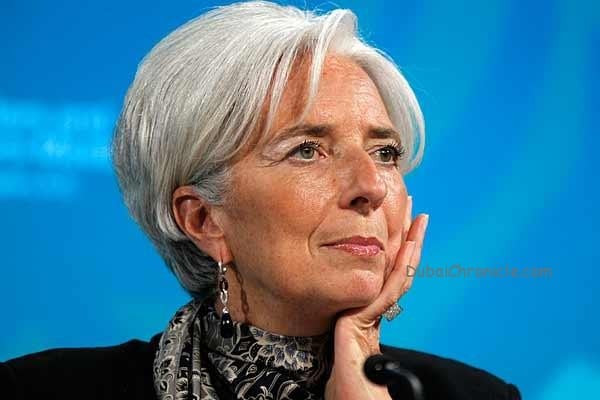
How U.S. Monetary Policy Normalization Would Affect the Middle East
In its most recent regional economic outlook report, the International Monetary Fund states that GCC economies are likely to experience a neutral impact from the U.S. monetary policy normalization.
In August 2015, expectations of an imminent rise in U.S. interest rates receded in response to increased concerns about emerging market growth, but normalization remains in the cards. When it takes place, it will create far reaching spillovers. Normalization is expected to occur in response to an improving U.S. growth outlook and rising inflation pressures. Higher U.S. growth should support stronger global economic activity through trade, creating a tailwind for commodity prices.
However, as the increase in U.S. interest rates is transmitted across the world, it might cause capital outflows from emerging markets, depreciation of their currencies, and a tightening of domestic and external financing conditions. Speculation over the timing and pace of U.S. interest rate increases can trigger financial market volatility. Overall, emerging markets are likely to gain from higher global growth, but these gains may be partly offset by tighter financing conditions and changes in commodity prices.
The net impact on individual countries will depend on whether they export or import commodities and the pattern of their international linkages, the IMF says.
The impact of U.S. interest rate increases is likely to vary across MENAP reflecting these the countries different structural characteristics, policy regimes, cyclical positions, and economic linkages:
GCC economies are likely to experience a neutral impact. Greater U.S. demand and its positive spillovers to global growth will raise oil export revenues. But in the case of higher U.S. growth, U.S. monetary policy would normalize, resulting in higher interest rates. This could offset some of the increased demand for oil if it results in higher global financial market volatility that hurts emerging market growth, or if it reduces demand for oil as an investment vehicle. Higher U.S. interest rates would also raise external borrowing costs, especially for GCC banks and corporations pursuing large-scale investment projects. Pass-through of higher U.S. interest rates will be strong, given the GCC pegs to the U.S. dollar, and could slow private investment in non-oil sectors (Figure 1.3.1). However, the decline in private sector credit is unlikely to have a major effect on economic activity, which is driven mainly by government spending.




































